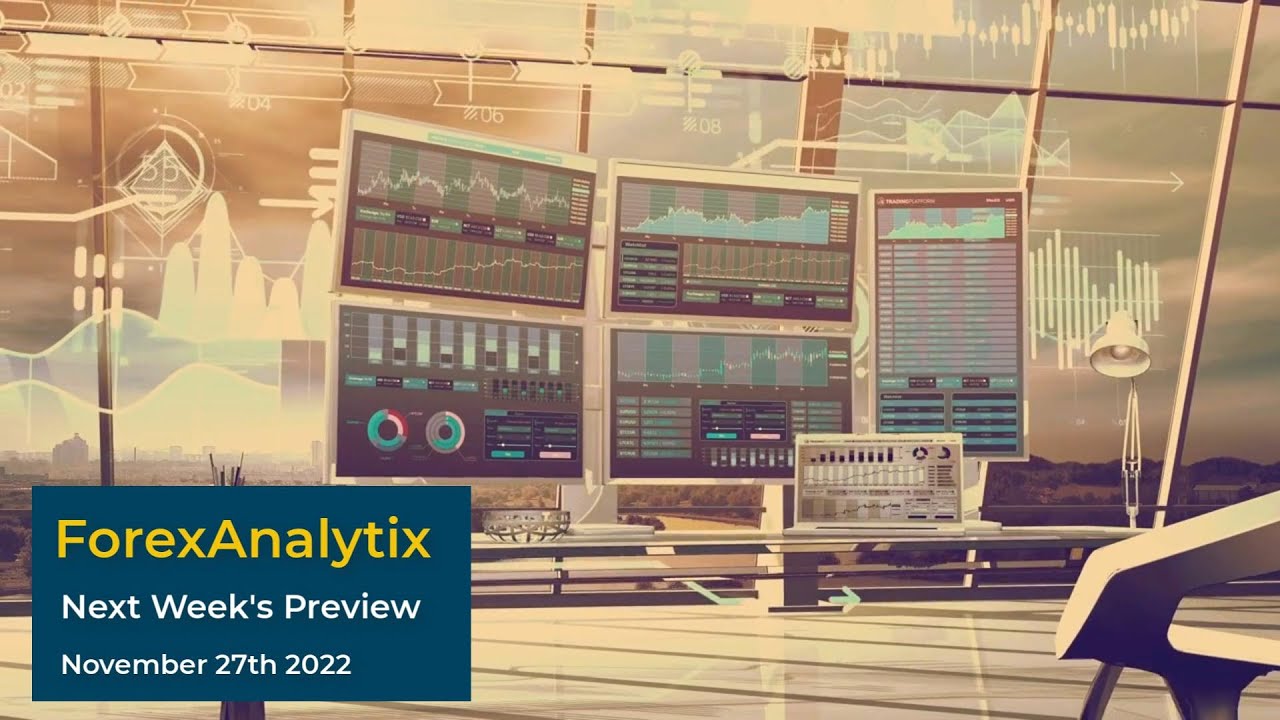Monetary Policy – The End of an Era

Monetary Policy – The End of an Era
This latest market cycle has been erratic. Prices of all assets have whipsawed investors and left many thinking what’s next. We of the bearish wont, are thinking that the damage is too big, too deep and too wide for it to be resolved without a reset of sorts. The bulls on the other hand have been conditioned to think that central banks will always be there, that they have their back, or at least that they will not let capital markets fail, or stand on their own two feet. The one conclusion that is pretty undisputable is that ZIRP (Zero Interest Rates Policy) is gone for good, caput, sayonara, no mas!
So what happens now? What do central banks do if there is a major crisis?
I will argue that monetary policy, as we’ve known it for the last 20 to 30 years, has hit its limits.
Walk with me. Let’s do a simple math exercise. In market terms this is called Mark to Market, where we mark assets to actual market prices to see how a portfolio is valued. This is the current FED’s balance sheet:

(Bloomberg)
We know what has happened to the prices of Bonds and of Mortgages. They’ve been decimated. Absolutely obliterated. Our Federal Reserve Bank, the folks that are in charge of our monetary policy, own about $ 8 TRILLION worth of these instruments.
Do I need to do mark to market on that? Let’s just say that the paper losses are ASTRONOMICAL. But are they alone?
Nope, they are not:

You get the picture? Central banks all over the developed world are sitting on tremendous losses, paper losses, but losses nonetheless. Now the cynics will say that this doesn’t matter, that central banks can print more and keep this going. But can they? Are these folks total sociopaths, who don’t care about value? Are governments ok with this? This will definitively limit their scope going forward.
I also believe that the era of Central Bank dominance is over. We probably won’t see ZIRP again as long as we live, and more than likely, the next crisis will be one where Central Bankers let markets crash. But someone will have to save the day. Right? The next round of “stimulus” will probably have to be fiscal. But guess what happens with that? Yes, you nailed it, INFLATION.
So if my thesis is correct, Central Banks will become significantly less relevant. They will be there for liquidity purposes only and the baton will be passed to governments, and we all know how efficient those folks are, and oh by the way, this exercise carries a much higher cost.
We may see inflation stick around for a while. This will be an expensive lesson when it’s all said and done, and I am not sure it’s close to being over. I truly hope these harsh lessons are not in vain.
Founder, Managing Partner
BCM Partners, LLC
https://biscuitcapital.com/bcm-partners/
20221102











